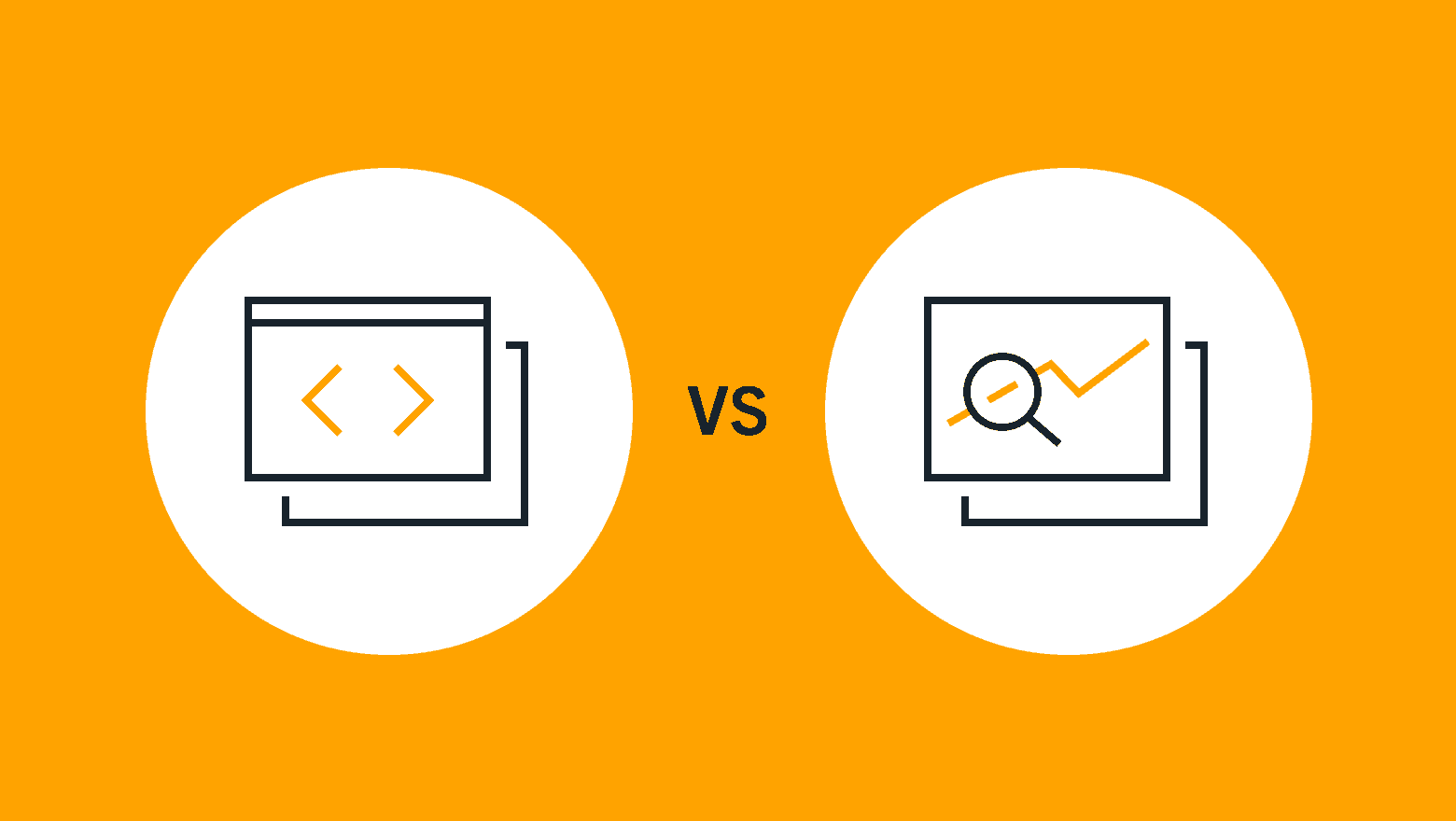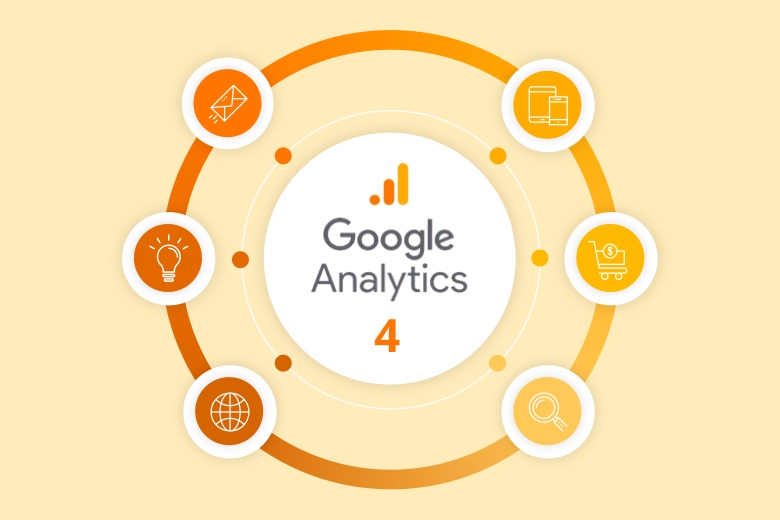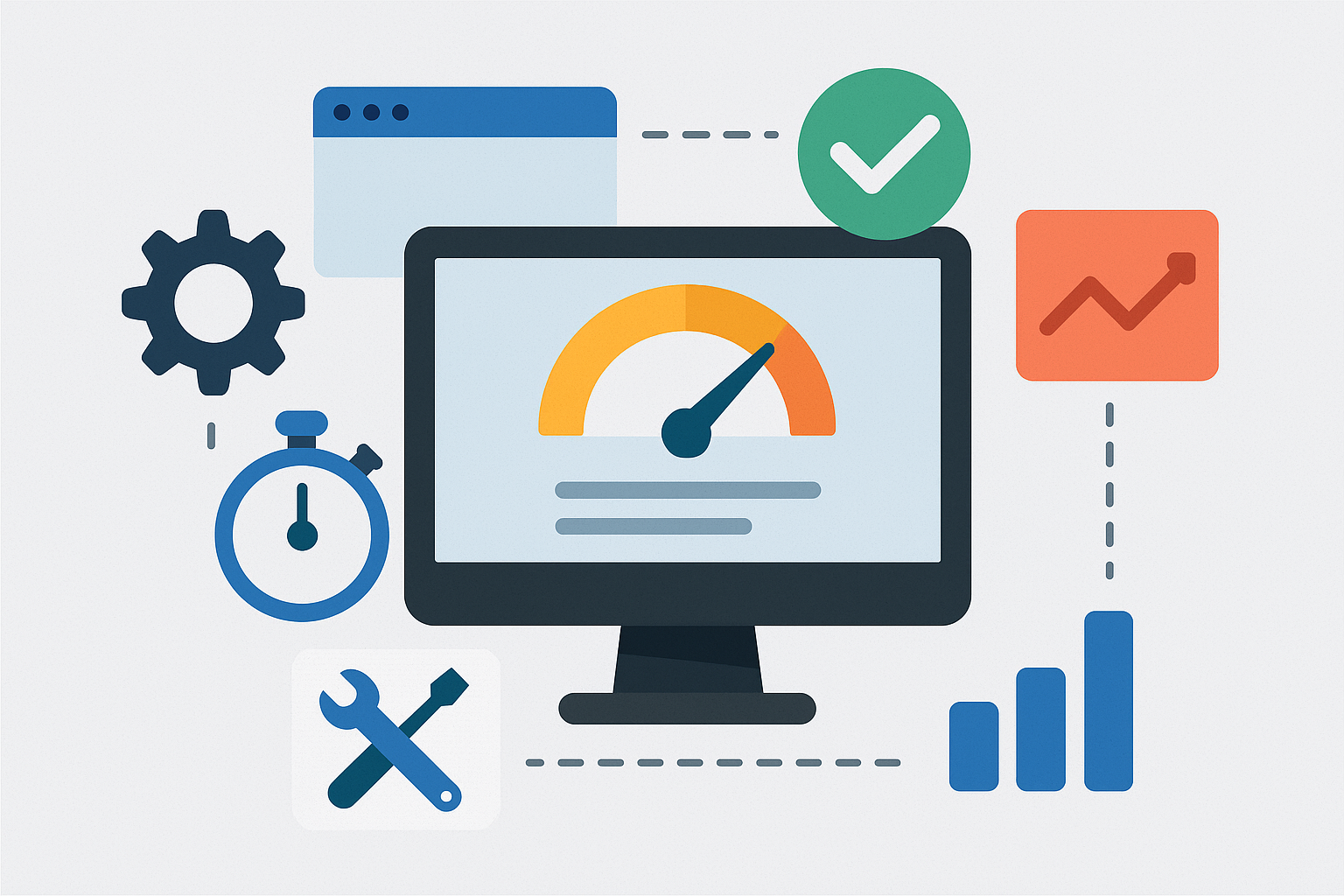If you’ve just started learning about SEO (Search Engine Optimization), you’ve probably heard the terms On-Page SEO and Off-Page SEO tossed around. Both are crucial pillars of SEO, but they focus on different areas of your website’s presence and play unique roles in helping your site rank higher on Google.
In this article, we’ll break down the difference between On-Page and Off-Page SEO, explain why both are essential, and provide actionable tips you can implement right away.
🔹 What Is On-Page SEO?
On-Page SEO refers to all the optimizations you do directly on your website to help search engines understand your content and rank it higher.
Key Elements of On-Page SEO:
Keyword Optimization: Use relevant keywords naturally in titles, headings, and throughout content.
Title Tags & Meta Descriptions: Craft compelling, keyword-rich titles and descriptions.
Content Quality: Write original, useful, and engaging content that satisfies user intent.
URL Structure: Use clean, descriptive URLs with keywords.
Internal Linking: Link to other relevant pages on your site to improve navigation and SEO juice.
Image Optimization: Use descriptive alt tags and compress images for faster loading.
Mobile-Friendliness: Ensure your website is responsive and works well on mobile devices.
Site Speed: Optimize loading times for better user experience and ranking.
Schema Markup: Add structured data to help search engines understand your content better.
🔧 Actionable On-Page SEO Tips:
Research and select long-tail keywords using tools like Google Keyword Planner or Ahrefs.
Write a unique title tag for each page (under 60 characters) incorporating your main keyword.
Add descriptive alt text to all images.
Use header tags (H1, H2, H3) to structure your content logically.
Regularly update your content to keep it fresh and relevant.
🔹 What Is Off-Page SEO?
Off-Page SEO includes all the activities you do outside your website to improve your site's authority, trustworthiness, and reputation in the eyes of search engines.
Key Components of Off-Page SEO:
Backlinks: Links from other reputable websites to your site (think of them as “votes” of confidence).
Social Media Engagement: Shares, likes, and mentions on social platforms.
Brand Mentions: When other websites mention your brand even without linking.
Guest Blogging: Writing articles on other websites with backlinks to your site.
Influencer Outreach: Collaborating with influencers to promote your content.
Online Reviews: Positive reviews on Google My Business, Yelp, etc.
Forums & Communities: Active participation with helpful answers and linking back when appropriate.
🔧 Actionable Off-Page SEO Tips:
Reach out to bloggers and websites in your niche for guest post opportunities.
Create share-worthy content like infographics, videos, or original research.
Engage actively on social media channels related to your industry.
Monitor your backlink profile using tools like Ahrefs or SEMrush.
Encourage satisfied customers to leave positive reviews on Google and other platforms.
⚖️ Why Both On-Page and Off-Page SEO Matter
On-Page SEO ensures your site is optimized to deliver the best possible content and user experience, making it easier for search engines to index and understand your pages.
Off-Page SEO builds your site’s reputation and authority, signaling to Google that your content is valuable and trustworthy compared to competitors.
Together, they create a powerful SEO strategy that improves your rankings, drives more organic traffic, and builds lasting brand credibility.
📝 Final Thoughts
SEO isn’t just about sprinkling keywords or building backlinks randomly. It requires a balanced approach combining both On-Page and Off-Page SEO techniques. Focusing on just one side won’t get you the sustainable rankings and traffic growth you want.
Start with solid on-page fundamentals, then build your off-page authority steadily over time.





